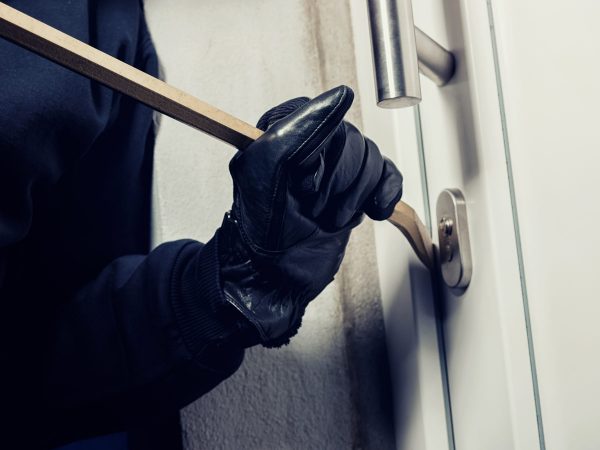As the world of technology continues to grow and is more accessible, cyber safety is becoming a bigger concern, particularly for parents of children who have access to the internet. Many toys today either need an internet connection or online accounts to function. These online accounts require personal information, including names, location, email addresses, credit card information and more. If an online company were cyber attacked, the servers could potentially leak this personal information, risking your safety. To protect yourself and your children, it is advised that parents are aware of how online companies are using and securing their private data.
How can you protect your personal data and family from cyber attacks?
Teach your kids what they can and can’t share online
It’s never been important to educate your children about cyber safety. We recommend teaching your kids why they shouldn’t use the same password for all of their accounts, how important it is never to reveal their full name or address to strangers online, and what the difference is between talking to people in real life and video chatting with people online. No matter how much you trust your children, we also suggest never to let them learn your credit card information. You should always monitor where your personal information is going and check the security of any website that asks you for your credit card details.
Make sure your Wifi network is secure
An overlooked vulnerability in many homes are Wifi routers and the passwords used for accessing them. It’s not uncommon for offenders to drive around neighbourhoods, trolling for unsecured Wifi networks. You might think that what your family does in your own home is secure, but this is not always the case if someone hacks into your Wifi. Thieves can get access to your passwords and private information on unsecured networks.
Beware of phishing scams
Phishing is a method of illegally obtaining personal information by posing as a legitimate person or business. Most commonly, this involves sending emails to get recipients to log into a website and provide their password or other confidential information. For example, these emails could look very similar to the ones you receive from your bank or delivery company. In the past, these emails were obviously scams as the spelling and language were poor. However, they have improved significantly in recent years. If you ever suspect the legitimacy of a personal email, contact the company directly to confirm that they sent it.
Make sure your security systems are correctly installed
Cyber attacks do not only affect online accounts, but also some security products. In 2017, over 350 cheap or incorrectly installed CCTV cameras were compromised by an online website that broadcasted the unsecured CCTV feeds worldwide, providing a live-feed of people’s homes and businesses. These low-end products usually don’t have the security settings necessary to minimise the risk of someone hacking into the system. This sort of breach not only impacts the security of your premises, but as CCTV is installed in and around the home, can be a serious violation of privacy, as somebody who may be sitting on the other side of the world could be possibly viewing some of your most private moments.
For any concerns regarding your cyber safety, or to report any cybercrimes, contact the Australian Cyber Security Centre.
To find out more about how Rechenberg minimises the risk of your CCTV from being compromised, contact us today.



